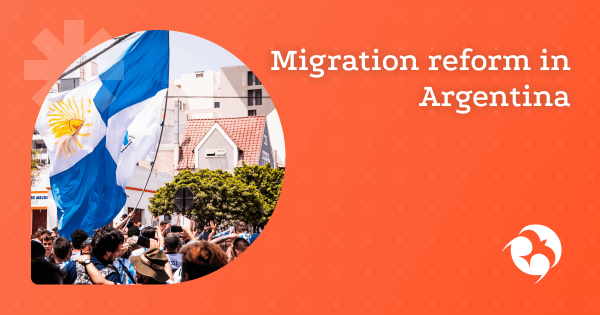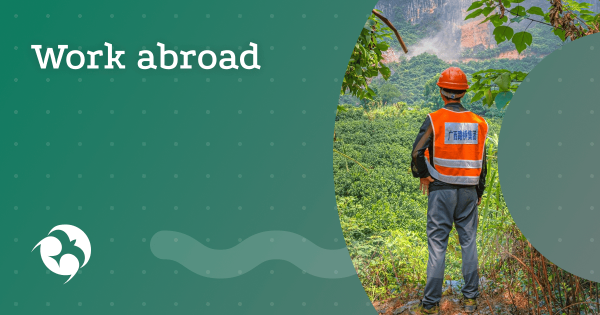In mid-May 2025, the government of Javier Miley announced significant changes in migration legislation. The main message is to restore order, combat illegal migration and abuse of the system by the so–called “false tourists”.
New accents of migration policy
The key innovations, formalized through the Decree of Necessity and Urgency (DNU), which amends the Law on Migration No. 25.871 (Ley de Migraciones 25.871), are aimed at several aspects:
- Accelerated deportation. Foreigners who have committed crimes in Argentina (regardless of the length of their sentence) or have criminal records in their countries will be expelled as soon as possible. Deportation procedures are planned to be shortened in order to avoid delays in trials due to court appeals. Previously, offenses with a sentence of less than 5 years were often not grounds for refusal of entry or deportation.
- The fight against “false tourism”. There is increased control over those who enter the country under the guise of tourists, but actually pursue other goals, such as illegal residence or the use of social benefits.
- Paid services for non-residents. Foreigners with temporary or illegal residence status will have to pay for medical services (with the exception of emergency care) and tuition at public universities. Upon entry into the country, you will need to present your medical insurance. This requirement is likely to be accepted. Therefore, we recommend that you take care of insurance in advance. For Russian tourists, a tourist (or for a period of stay) is suitable, for example, from Tinkoff premium.
- Stricter requirements for permanent residence and citizenship. The procedures for obtaining permanent residence permits and citizenship will become stricter. For example, parents of children born in Argentina (which previously gave them the right to automatic permanent residence) will now be able to apply only for a temporary residence permit (residence permit), and for permanent residence they will need to prove sufficient income and no criminal record. To apply for citizenship, you will need to live in Argentina for at least 2 years without leaving the country. Permanent residence can be cancelled if its holder has been absent from the country for more than a year; for a residence permit, this period is six months. The possibility of obtaining citizenship through large investments in the economy is also being considered, but specific amounts have not yet been announced.
Officials say that these measures are designed to ensure orderly and safe migration, and not to hinder tourism or legal relocation. The goal is to stop the misuse of public sector resources and ensure that “taxpayers’ money is used for them, and not for those who come to abuse the system.” According to some estimates, about 1.7 million people have illegally entered the country over the past 20 years.

- We will answer all your questions
- We will help you choose the best option
- We will guide you through every step or do everything for you
If the new rules are adopted, it will create more difficult relocation conditions for potential immigrants. If you were planning to move, then you should not delay the paperwork. Our company is ready to provide comprehensive advice on issues related to the latest changes in Argentina’s migration policy. Leave a request to receive qualified support and develop the best strategy for your situation.













